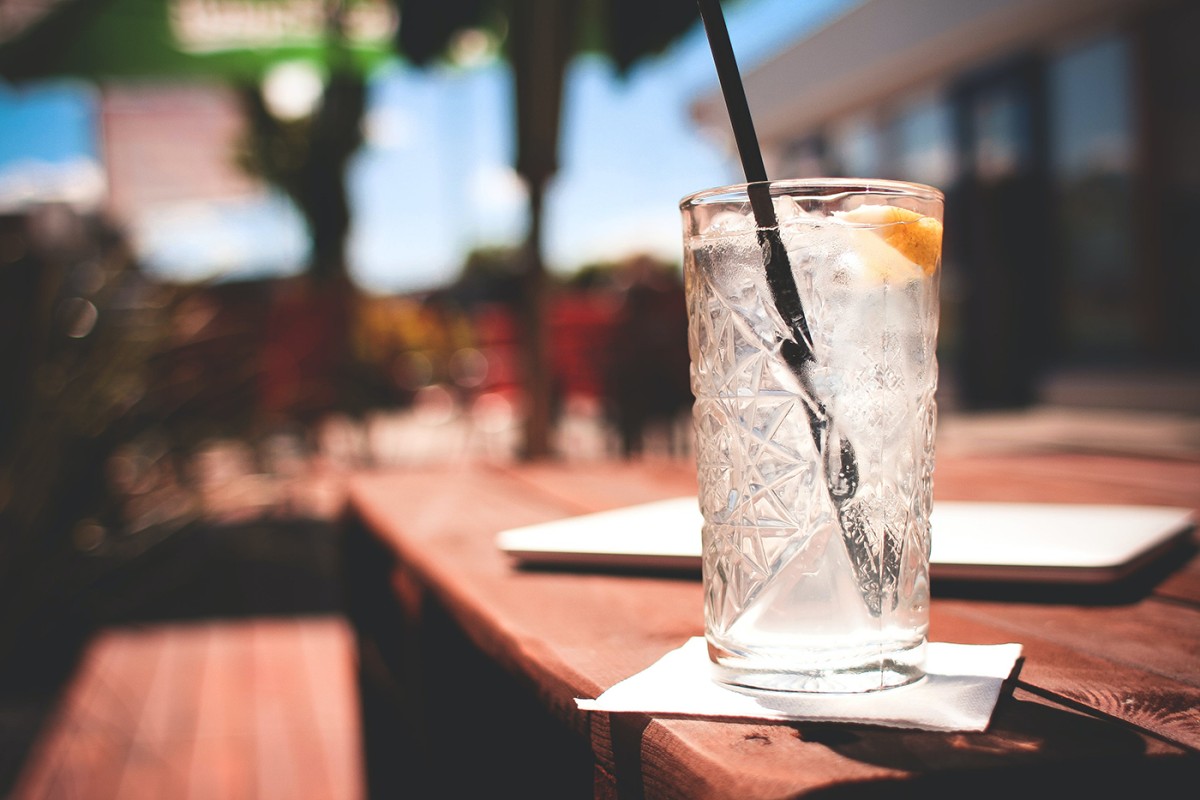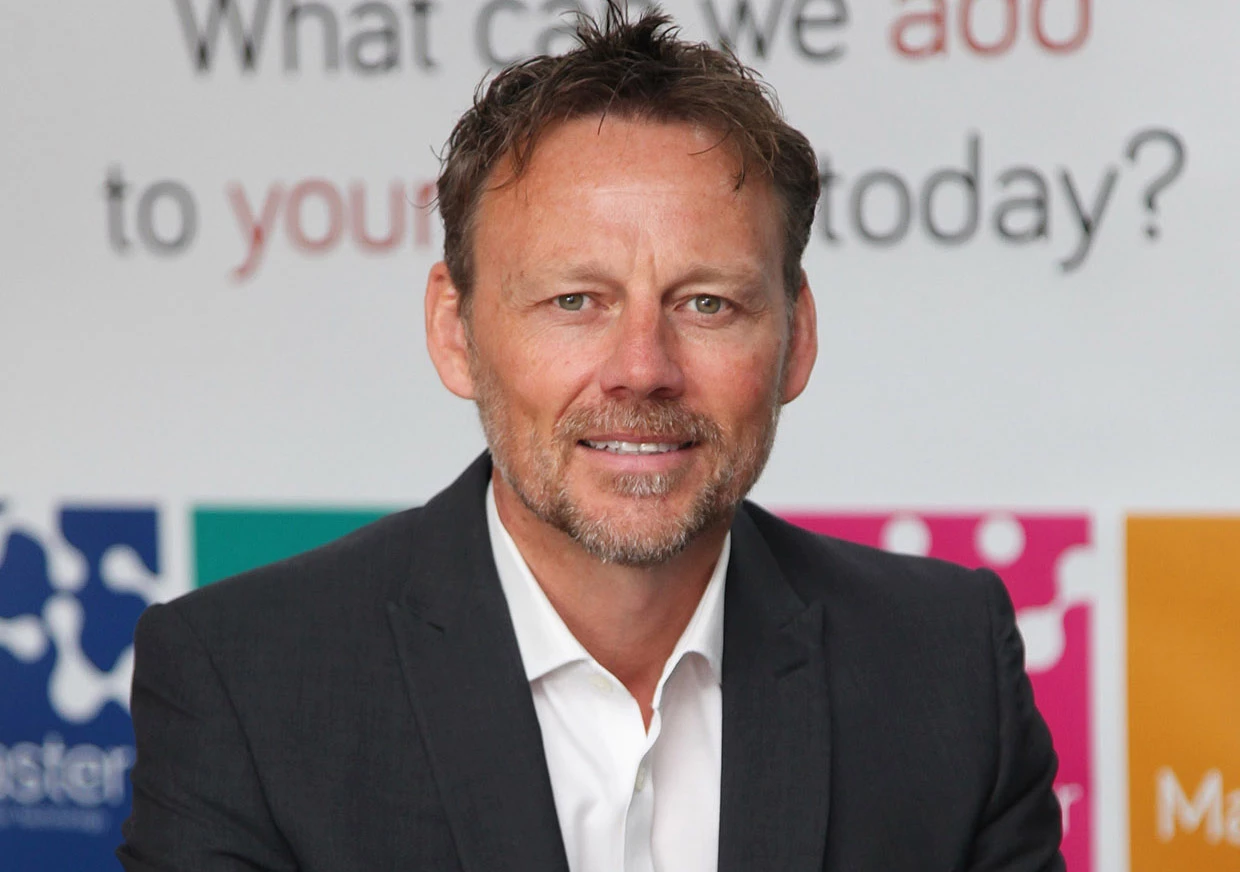Will Your 2020 Resolution be a Soggy Straw?

The start of a new decade always brings new hope, fresh starts and the inspiration to change our lives for the better.
The end of our last decade was largely dominated by the environmental debate, fuelled by the Blue Planet programme and the realisation that our climate most definitely is changing. Leaving no doubt, we need to alter our relationship with our world to avoid the irreversible consequences.
And that’s why I refuse to drink through a soggy straw!
I have spent most of my career working in the plastics industry, but I should point out straight away, that I would never blindly defend the use of them, as you will see below.
For example, when I went looking for Christmas presents this year, I was actually appalled by amount of plastic used in items that will be thrown away, or used only once, or will never actually be sold because the product was such a cheap, poor idea. See for yourself the next time you go shopping.
Chicken Packaging
I also see from my work with the excellent UK Recycling Association the amount of plastic that has to be landfilled or incinerated, just because we haven’t sorted it correctly. Some of this product contains multiple substrates (e.g. Pringle tins) or the plastic is so contaminated with bacteria it is too dangerous to handle (e.g. chicken packaging).
Chicken packaging is the one that probably annoys me the most and although vegetarianism is sweeping the world (I also eat less meat than I did), I still buy chicken every week.
I know the plastic tray that my chicken is packaged in can’t be recycled, because it is potentially dangerous to handle, so has to go into landfill or incinerated. I won’t give up the plastic straw I use for my gin and tonic!
I am not a big drinker, but do like the odd cocktail or two, and the amount of straws I would use in one year would contain less plastic than a single chicken tray.
The straw is also fully recyclable because it is made from a single type of polymer. We just need to know which recycling stream it should go into.
Paper v Plastic
We must also remember that the knee jerk reaction to abandon plastic and use paper instead is also exactly that. The move from paper to plastic in this first instance was because:
- A plastic bag lasts longer and is still fit for purpose even if it gets wet.
- The environmental profile of paper is much worse when you factor in energy and transport – and that’s before we even chop a tree down to make the paper.
- Plastic is easier to recycle at the end of its useful life as only clean, dry paper has any recycling value.
And just to show balance, the same kneejerk reaction has happened with paper coffee cups.
For a single use receptacle for a takeaway coffee, paper is pretty damn perfect. It is lightweight, it doesn’t leak and we don’t have to clean it for next time we want a coffee.*
Unfortunately, people have been led to believe that coffee cups are not recyclable, when they are!
Just ask James Cropper Paper in the Lake District. In their beautiful factory just outside Kendall they have perfected a way of removing the waterproof layer to recycle the paper into bags and paper mouldings. Their biggest issue is getting enough cups back to the factory to keep up with demand.
So the problem is not the cup, but how we collect them.
Glass v Plastic
And that brings me back to my resolutions for 2020.
If we’re going to make a real difference, we need to make big changes, not small ones and more importantly those changes need to have thought through, not rushed through.
Yes, we can remove plastic packaging from a lot of products in our supermarkets. In many instances it’s only there for aesthetics (e.g. a plastic window on a quiche box) – but that doesn’t mean we should get rid of plastic where it is helps eliminates food waste or provides hygienic protection.
We might think we are being eco-friendly by reverting back to glass milk bottles. In fact plastic bottles are much easier to recycle than glass because the process requires less energy, and because they are lighter to use, they use up less energy to distribute.
Unfortunately, in this social media world we live in, an Instagram picture of a glass milk bottle is seen as something we should celebrate.
Consider textiles too. Some have a much worse environmental footprint than we would like, but if we get into the habit of reusing them more, washing them less and disposing of them properly at the end of their life, we will have a bigger impact than shouting at Primark.
And finally, a subject close to my heart.
Antimicrobial Packaging
Charging people to use single use plastic bags was an excellent idea. It got us used to the idea of using only the bags we need. But when half of the UK supermarkets still want to double-bag the meat they sell, rather than use an antibacterial bag for life, or refuse to make the packaging antibacterial, just because they’ve never tried it before….then I know there is a lot more to be done.
In the meantime I will use all the knowledge I have gathered over my career in plastics to work with people that really want to make a difference... and at the weekend I’ll enjoy my gin and tonic with a plastic straw!
*In our study with Aston University in 2019 we found that plastic cups used for reusable coffee had potential dangerous bacteria in them if they were not cleaned properly with 15 minutes of finishing your drink (not easy to do if you are on a train) – unless of course you used a Biomaster protected one.
← Back to blog



